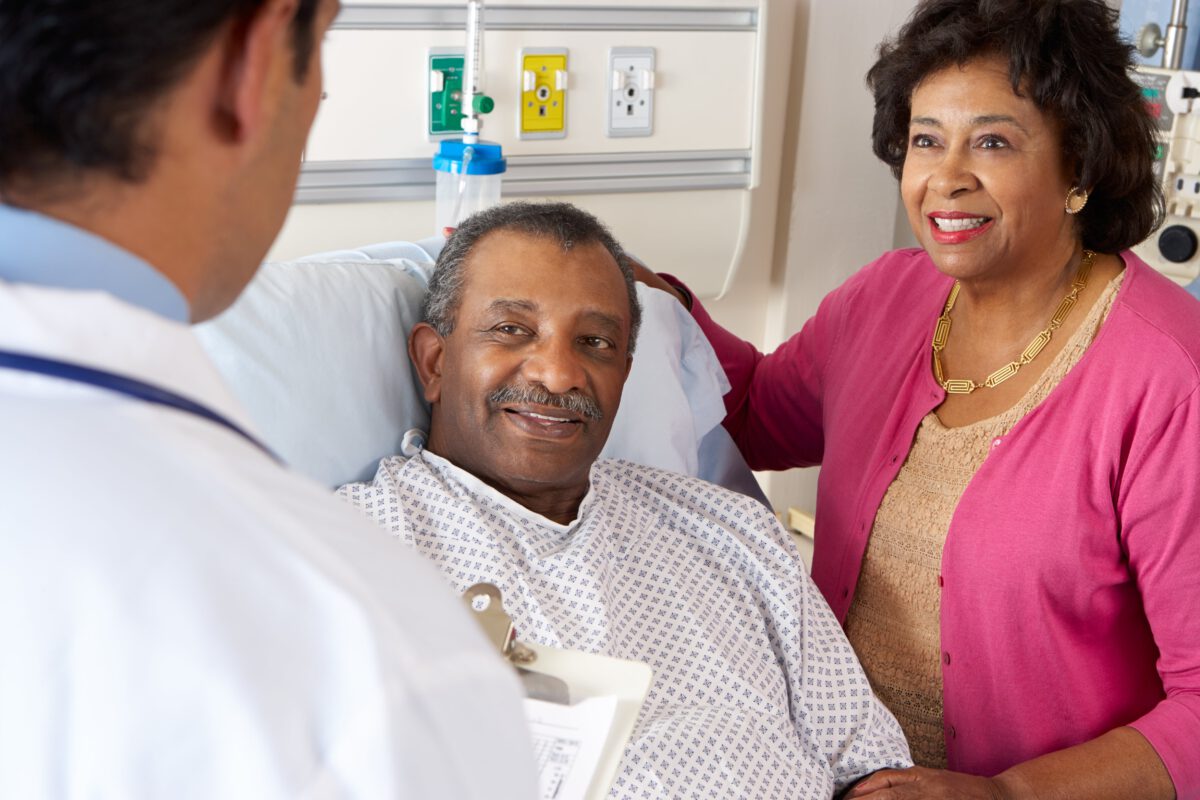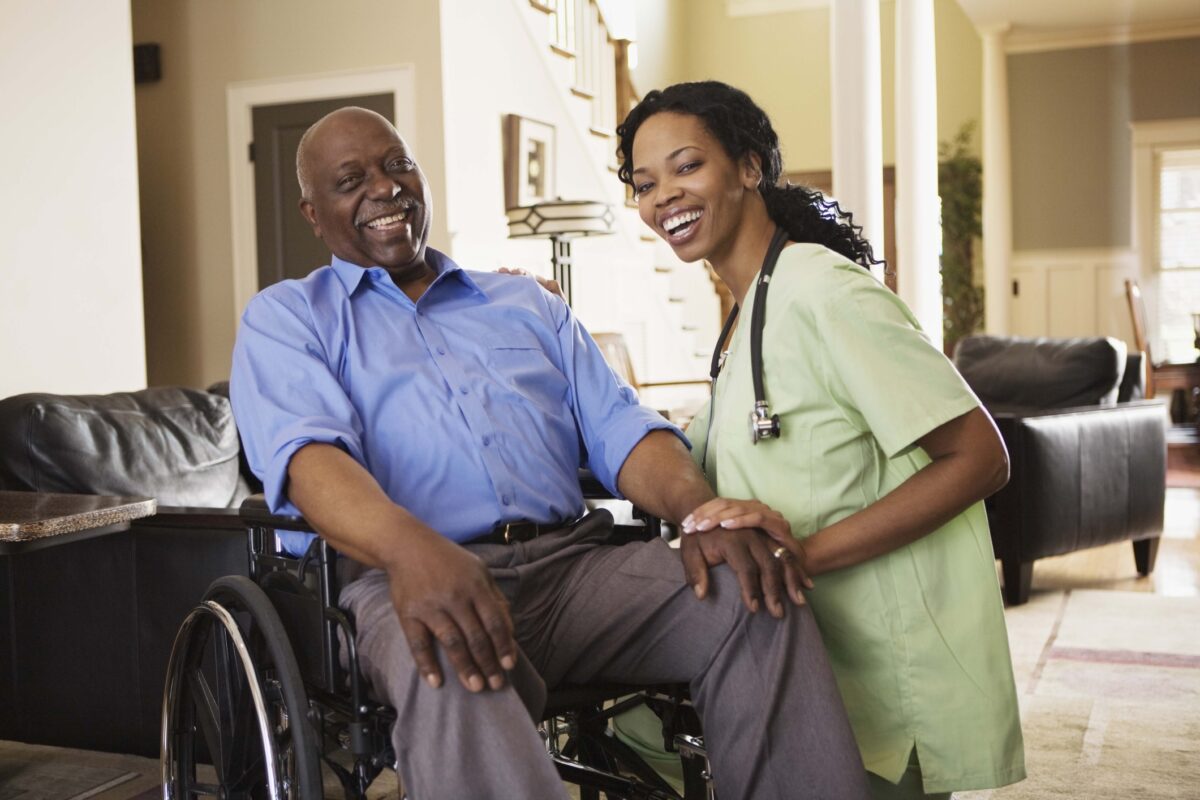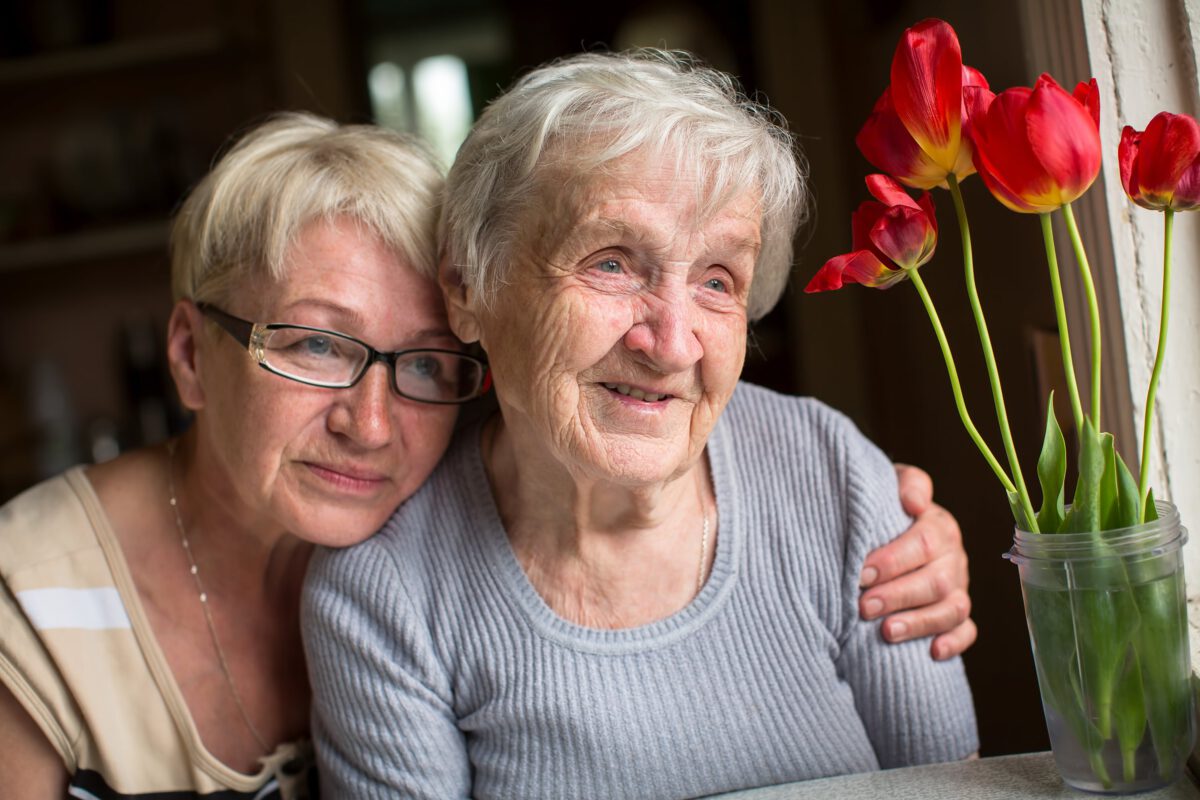What to Know as a Caregiver Before a Loved One’s Hospital Visit
As caregivers, we may encounter sudden changes in a loved one’s health or behavior due to a chronic illness or accident, like a fall. This can be especially worrisome if these changes occur in the middle of the night. We want to get them the help they need as soon as we can, but the first challenge may be trying to decide what is the appropriate place to receive care: Walk-In Clinics, Urgent Care or the hospital Emergency Department. Here are some helpful tips when making this decision:
- Walk-In Clinics can be especially helpful if we are unable to schedule an immediate appointment with a doctor and the situation needs attention sooner rather than later. If a loved one is experiencing ear pain, red eyes, sore throat or painful urination, then this may be a good choice. However, Walk-In Clinics are not meant to be a substitute for the primary care physician.
- Urgent Care is an ideal choice when symptoms appear that cause additional concern and may have come on gradually. These symptoms could be a sudden rash, moderate flu like symptoms, dehydration and small cuts, to name a few.
- Emergency Rooms should be chosen when the need for care is immediate, such as in cases of chest pains, trouble breathing, fainting, change in mental status such as delirium or coma, seizures or weakness or numbness on one side.
Remember that when in doubt, do not hesitate to call 911 to request assistance.
Whether we arrive at the Emergency Room by ambulance or our own personal vehicle, we should know that our stress level as well as that of our loved one will most likely be elevated. Preplanning for this type of event can help to de-stress the situation.
In the Hospital
As we are at a loved one’s hospital bedside, waiting to be seen by medical personnel, if possible, we can look around at the surroundings. Is there an overhead light in the room that we can request be dimmed to create a more calm atmosphere? Drawing the curtain closed to a loved one’s hospital cubicle can eliminate the back and forth of hospital staff which may cause added stress and confusion to an already upsetting situation. We might also consider asking for a blanket for a loved one, which can be especially comforting if they have been asked to change into a hospital gown.
As the caregiver, we should take the lead with hospital staff by communicating with a calm voice to answer their questions and provide additional information that a loved one may have difficulty expressing on their own. When possible, we can allow our loved one to answer questions and provide information to keep them engaged in their own care.
If we would like extra support, we may contact another family member or trusted friend to also accompany us. This person will be able to stay with our loved one while we fill out paperwork or have a private consultation if needed. They can also cover for us during a needed bathroom break.
Our hospital visit may also be a scheduled visit to have some diagnostic testing, routine procedure, or new procedure done. Prior to our visit, we will want to know:
- The name of the test/procedure being done
- How long the process will take
- Should our loved one continue to take their current medications before the scheduled testing/procedure?
- What food and/or drink are they permitted to take before the testing/procedure?
- Is there a recovery time and if so, how long?
- Will our loved one be discharged immediately after the testing/procedure, be held for observation, or be admitted overnight?
- What are the discharge instructions including need for follow up visits to the doctor/specialist?
Whether it is a planned or unplanned visit, have a Go-To bag or backpack ready:
- An extra sweater or light blanket,
- Snacks, and bottled water. (Ask hospital staff prior to providing the snack)
- Earbuds and soothing music to help to create a calming atmosphere.
- Extra set of clothing that is easy to wear and adult briefs and wipes.
- Sanitizing lotion/spray and extra masks
- List of medications
- Contact information for the doctor, specialty physicians and family members
- An extra phone charger.
- Healthcare documents including insurance, Power of Attorney and Living Wills
Keep in mind that symptoms of moderate and severe dementia often lead to longer hospital stays, and to plan your Go-To bag accordingly.
There is no one way to predict when a hospital visit is needed. There are some steps that can be taken to reduce the risk, including:
- Home safety inspections to reduce potential fall risks both inside and outside of the home
- Physical therapy and other treatments to improve mobility
- Ongoing needs assessments to account for changes and possible declines
Caregivers are also important in this process by identifying the need for additional in-home care and utilizing these resources. Because of their pivotal role, caregivers should continue to take care of their own physical, emotional and mental health. Reaching out to community resources including WeCare…. Because You Do through Benjamin Rose Institute on Aging can help to identify potential concerns, prioritize current needs and help in future planning.







